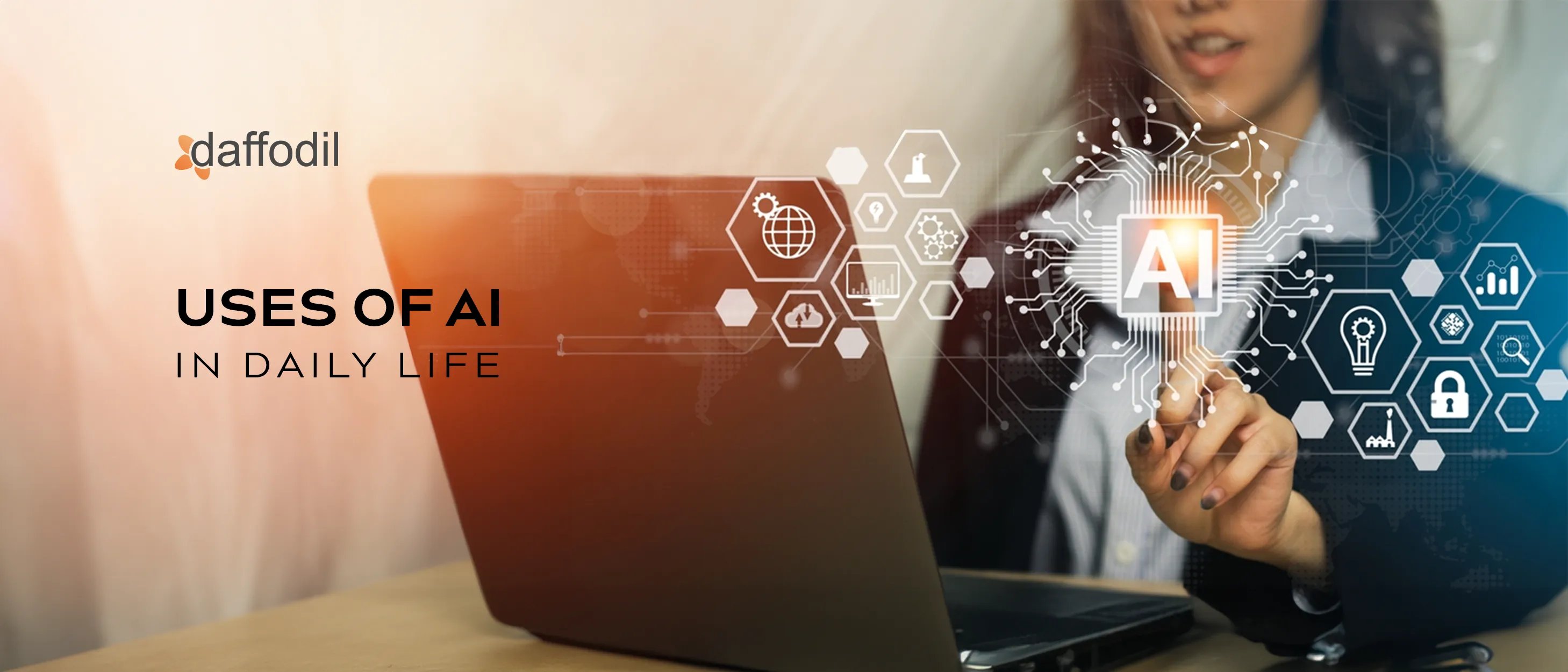Future AI Innovations and Their Impact on Search Engine Optimization
Entrepreneur and AI advocate focused on AI for social good and sustainability.
Entrepreneur and AI advocate focused on AI for social good and sustainability.
— in AI Tools and Platforms
— in AI Tools and Platforms
— in AI Tools and Platforms
— in Natural Language Processing (NLP)
— in AI in Business
Search Engine Optimization (SEO) has transformed since the mid-1990s. Early search engines like AltaVista relied on basic keyword matching.
Google's PageRank algorithm in 1998 prioritized quality and relevance of backlinks. Subsequent updates like Panda, Penguin, and Hummingbird emphasized content quality, user experience, and semantic search.
AI, especially machine learning, now plays a crucial role in how search engines operate. Google's RankBrain, introduced in 2015, improved search results by understanding user intent.

In 2019, BERT enhanced Google’s understanding of natural language. This allowed the search engine to grasp the context of search queries more effectively.
AI’s ability to understand user intent is revolutionizing SEO. Traditional algorithms focused on keyword matching.
AI analyzes the context behind a search query, offering more relevant results. Content creators must now focus on addressing user intent rather than just targeting specific keywords.
Voice search is rapidly gaining popularity. Devices like Amazon’s Alexa and Google Home are leading this trend.
Voice search queries are longer and more conversational. SEO strategies must adapt by focusing on long-tail keywords and natural language content.
AI allows for highly personalized search experiences. Machine learning algorithms analyze user behavior and preferences to deliver customized results.
Businesses need to understand their target audience deeply. They should create content that resonates with specific user segments.
AI’s predictive capabilities enable marketers to anticipate trends. By analyzing vast amounts of data, AI can predict which keywords and content types will be popular.
This allows businesses to stay ahead by targeting emerging trends early. Predictive analytics helps in proactive SEO strategy adjustments.
Machine learning enhances SEO by analyzing large data sets. It helps improve keyword effectiveness, search engine rankings, and user intent understanding.
Gone are the days of keyword stuffing. Today’s search engines are smart, powered by ML algorithms that learn from every click and query.
Optimizing keyword research and selection is crucial. Machine learning algorithms analyze relevant keywords, search trends, user intent, and long-tail keywords.
This helps gain a competitive edge. You can identify opportunities and gaps to refine your approach by analyzing competitor keyword strategies.
Machine learning can automate content generation. Models like OpenAI’s GPT-3 can create high-quality text.
This is useful for creating blog posts and product descriptions. AI can also personalize content recommendations based on user behavior.
Machine learning fine-tunes on-page optimization. Algorithms analyze title tags, meta descriptions, and header tags.
They pinpoint areas to boost relevance and clarity. ML also identifies structural issues like slow loading speeds and mobile responsiveness problems, providing actionable insights.
Voice search is transforming how users interact with search engines. With more consumers using voice-activated assistants, the volume of voice-based queries has surged.
According to Google, 20% of searches in the Google App are done via voice. This trend is driven by the convenience of speaking rather than typing.
AI plays a pivotal role in voice search. Algorithms like Google’s BERT analyze the context of voice queries.

AI helps search engines understand natural language. This enables them to process voice searches with greater precision.
To rank well in voice search, businesses must create conversational content. Voice queries are longer and more natural than text searches.
Content should answer specific, spoken questions clearly. This improves relevance for voice search users.
Integrating long-tail keywords is essential. Businesses should leverage FAQ-style content.
Focusing on local SEO is important, as many voice searches are location-based. For instance, target phrases like "What are the best family-friendly restaurants in downtown Chicago?"
AI-driven tools are transforming SEO by automating tasks. These tools analyze data and provide recommendations to improve search rankings.
Using AI tools can help streamline processes. They offer in-depth analysis of user behavior and website traffic.
AI tools like Jasper can brainstorm ideas and generate drafts. These tools help save time and amplify efforts.
They work best when paired with human creativity. Explore more on how AI is transforming keyword research.
AI algorithms can perpetuate biases if the training data is biased. Developers and marketers must be vigilant about potential biases.
Strive for fairness and inclusivity in AI applications. This ensures ethical practices in SEO.
Data privacy is a major concern. Businesses must comply with data protection regulations like the GDPR.
Transparency in how user data is collected and used is crucial. This builds trust with users.
AI is revolutionizing SEO, making it more efficient and user-centric. Businesses must adapt to these changes to stay competitive.

Embracing AI tools while balancing human expertise is key. Learn about the top AI tools to boost your SEO strategies in 2025.
The future of SEO is AI-driven. By 2030, Gartner predicts that AI’s impact on marketing will be greater than the smartphone’s impact.
Staying ahead means embracing AI and adapting SEO strategies accordingly. This includes focusing on high-quality content and personalized user experiences.
Key Takeaways: